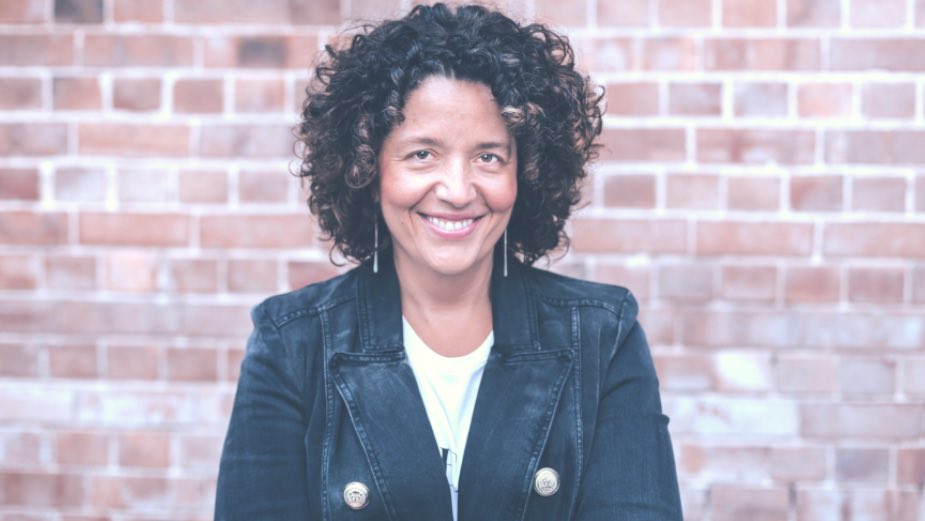Q&A: Renata Barbosa on the Core Discipline Only an Experienced Producer Can Bring to Projects

Renata Barbosa, the head of integrated content at DDB Australia talks about importance of recognising that no two producers are the same and how the agency had one of their busiest periods during the pandemic.
As the head of integrated content at DDB Australia, looking after both the Sydney and Melbourne offices, Renata Barbosa knows a thing or two about production. And after two decades in the industry, with roles at Saatchi & Saatchi Australia and Leo Burnett and a stint as a TV producer for JWT when Renata speaks about navigating this pivotal sector of our industry, she’s seen it all.
For our first Production Line from Australia, Barbosa shares her experience of working in Australia and why the last 12 months have taught her to embrace the new.
LBB: What lasting impact has the experience of the pandemic had on how you and DDB Australia think about and approach production?
Renata: I’ll start by saying we have been very lucky in Australia. At the beginning of the pandemic, the production industry implemented and adhered to strict safety protocols throughout the whole production process, which meant we could keep working through most of the pandemic. In fact, DDB had one of our busiest periods right in the middle of it. But perhaps the biggest impact has been on the relationships with our clients and production partners. Transparency and trust have been key, making for stronger partnerships and a better end product.
LBB: Aside from Covid-19, what have been the most disruptive forces to hit agency production in the past few years?
Renata: Tighter budgets, longer list of deliverables and shorter deadlines have certainly kept us on our toes over recent years. But I’d say the increase in the demand for social content has definitely forced us to reinvent ourselves slightly and shape our teams to deliver. While disruptive, I believe the impact has also been positive as it saw a new range of skills come into the department.
LBB: A good producer should be able to produce for any medium, from film to events to digital. Do you agree with this statement?
Renata: I agree that there is certainly more room and need for multi-skilled integrated producers in today’s production landscape. But I also believe there will always be room and need for the specialists, the core discipline producers that can offer a level of expertise to a project that only experience can bring.
LBB: And leading on from that, when it comes to building up your team at DDB, what’s your view on the balance of specialists vs generalists?
Renata: You need to have both. At DDB Australia, we have built a team that has a balance of both core and integrated skills. We have line producers that are brilliant agency producers. We have print producers that create amazing experiential projects. We have editors that are passionate photographers, and we also have core broadcast and print producers that excel in their skill. With such a rich team, we can deliver for our clients no matter the project’s needs.
LBB: What’s your own pathway to production? When you started out, what sort of work were you producing and what lessons have stayed with you in that time?
Renata: I had quite a few years’ experience in advertising when I decided to jump ship from account service to production. The experience I gained during those years helped me see and appreciate production differently. When I started in production, I was lucky enough to work for one of the most experienced female heads of TV in the country and award-winning creative teams for whom craft was king. From those and subsequent years, I learnt to respect and push for the best creative outcome and to always try to have fun along the way.
LBB: If you compare your role to the role of the heads of TV/heads of production when you first joined the industry, what do you think are the most striking or interesting changes and what have stayed the same?
Renata: The roles were much more defined and the production paths less dynamic back then. Producers had a slightly different role at the creative table. While you certainly played an important role then, I think there is more collaboration now between producers and creatives, and creatives and production partners. While the production process has not changed, the ways of working and the mindset have shifted.
LBB: There are so many models for the way production is organised in the advertising industry – what set-ups have you found to be the most successful and why?
Renata: The models that allow for creative freedom are often the ones I find are most successful. I’ve seen quite a few models try to be something they are not meant to for the sake of small pieces of revenue. Creatives need the freedom to work with who they think will best deliver their idea. And while we service smaller pieces of work directly with in-house talent, there will always be the need to have the freedom to explore ideas with external partners and collaborators that can bring completely different points of view and experiences to the table.
LBB: When working with a new partner or collaborator, how do you go about establishing trust?
Renata: That first phone call or meeting is probably the most important part of the process when engaging with a new production partner. Honesty and transparency are what we look for. And we have been so lucky to have that with most, if not all, production partners we often work with. Trust and success go hand in hand. Continue reading on LBB…

1 Comment
Producers make the world go round.